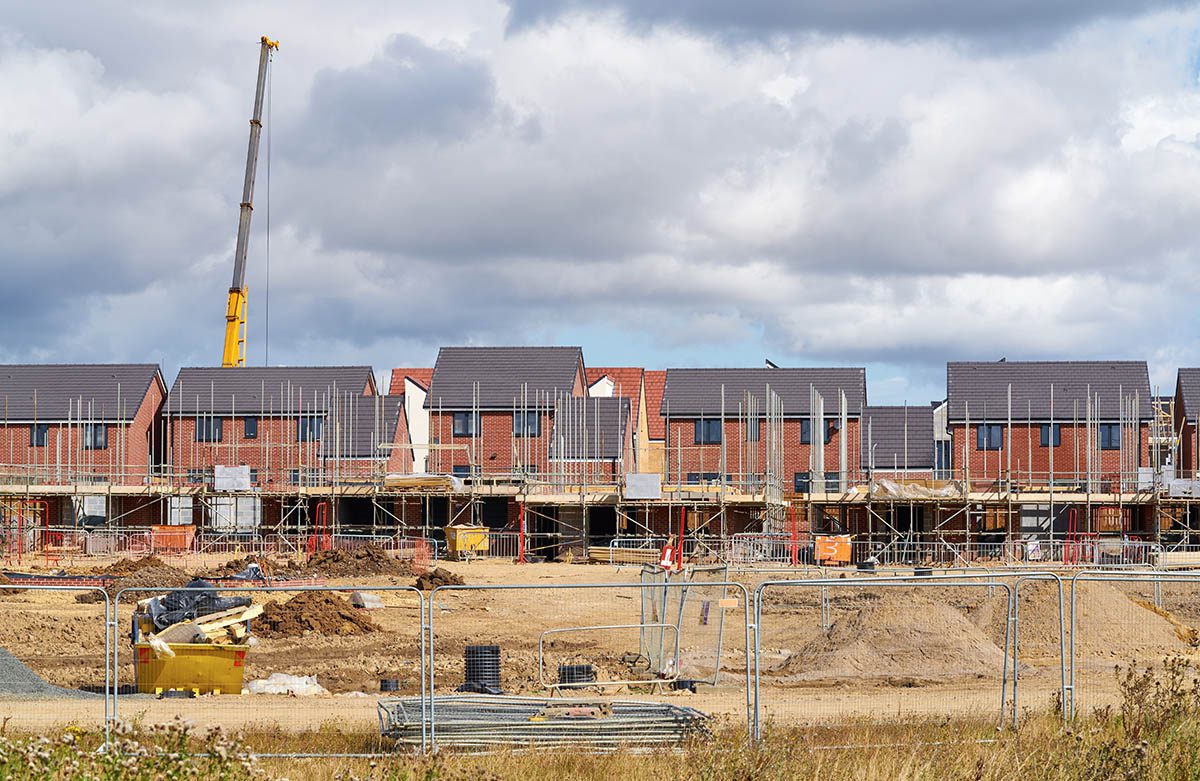
The government has lost its bid to scrap nutrient neutrality rules for housing developments, with Labour Lords voting to reject the proposed amendments (to the Levelling Up and Regeneration Bill) on 14 September.
Natural England’s Nutrient Neutrality Principles are intended to ensure that new developments do not add to the existing nutrient burden within ecologically designated sites. For example, by releasing nitrates and phosphates into rivers, which reduce water quality and harm wildlife.
In affected catchments, housing developments need to mitigate nutrient impacts either by direct reduction of nutrient loads on site, or implementation of mitigation schemes off site.
The intention of the government’s new amendments was to free housebuilders from these requirements, by incorporating specific clauses to the the Levelling-Up and Regeneration Bill (LURB), as Ramboll’s Karen Allso explained. In their place they proposed a package of measures intended to reduce nutrient input at catchment scale, including improvements to existing schemes for nutrient management, and other measures such as improved slurry infrastructure.
“Whilst the government’s proposals have been welcomed by housebuilders as the burden of cost and potential project complexities would be removed, the lack of clarity demonstrating that the strategic measures proposed would indeed provide effective mitigation has led to concerns from other organisations. Earlier this month, the Office for Environmental Protection warned that the proposed changes would ‘reduce the level of environmental protection provided for in law and amount to a regression’.
“The adoption of a catchment-scale management approach could, in principle, be pragmatic. However, it would be necessary to further develop the standards and criteria for management of such a plan such that it can be demonstrated that a scientific and evidence-based approach is being taken. Without this evidence, planning authorities may be left without the certainty which they require to demonstrate that no additional nutrients would be added to the catchment of an ecologically designated site and thus that the requirements of the Habitats Regulations are being met.
“It is also notable that some of the strategic measures detailed by the government are either in existence already or would have been implemented irrespective of the proposed changes, with little evidence to support any material improvements achieved so far.
“The outcome from the House of Lords indicates that the uncertainty surrounding how the proposed changes would enable the Habitats Regulations to be met is significant”.
Ben Sharples, Partner in the Agriculture team at Michelmores, seemed to link the government defeat to the fact that “they have tried to significantly amend a Bill at the final reading stage.”
“That was ambitious on any analysis but even more so when the proposed changes included powers to amend any EU or domestic environmental legislation.”
The challenges of achieving nutrient neutrality and providing effective mitigation schemes “are multifaceted and require a comprehensive, often multi-party approach”, as Ramboll explains in this recent article.
Local nutrient trading schemes have been available in some catchments, substantially reducing the cost to housing developers, and providing a source of income for farmers and landowners via a system of phosphate and nitrate credits.
As Sharples noted, “Existing deals for such credits will proceed although it is notable that all of the transactions that Michelmores are instructed on were unaffected by the Government’s announcement about the LURB amendments on 29 August.”
“The private market for nutrient credits is developing well and will only become more efficient as time goes on. Market forces will establish realistic pricing. Developers and landowners need to collaborate in private deals against a backdrop of Governmental consistency and not uncertainty.”
What next? Sharples speculated that the government could try and introduce a standalone Bill to deal with nutrient neutrality, “but the question is whether they have enough Parliamentary time to do so before the next general election.”
“There is no ability for the House of Commons to further debate this issue as part of the process of passing the LURB. The House of Commons can only debate amendments from the House of Lords and there were none as the amendment was rejected.”
Ramboll’s Karen Allso commented: “It will be interesting to see what next steps the Government may take in the House of Commons, including whether the matter will now be closed or if a further amendment to the Levelling-Up Regeneration Bill will be put forwards.”
“In the meantime,” she said, “the existing requirements and regulations remain in place, leaving housebuilders, regulators and those involved in nutrient credit transactions in a state of limbo.”







